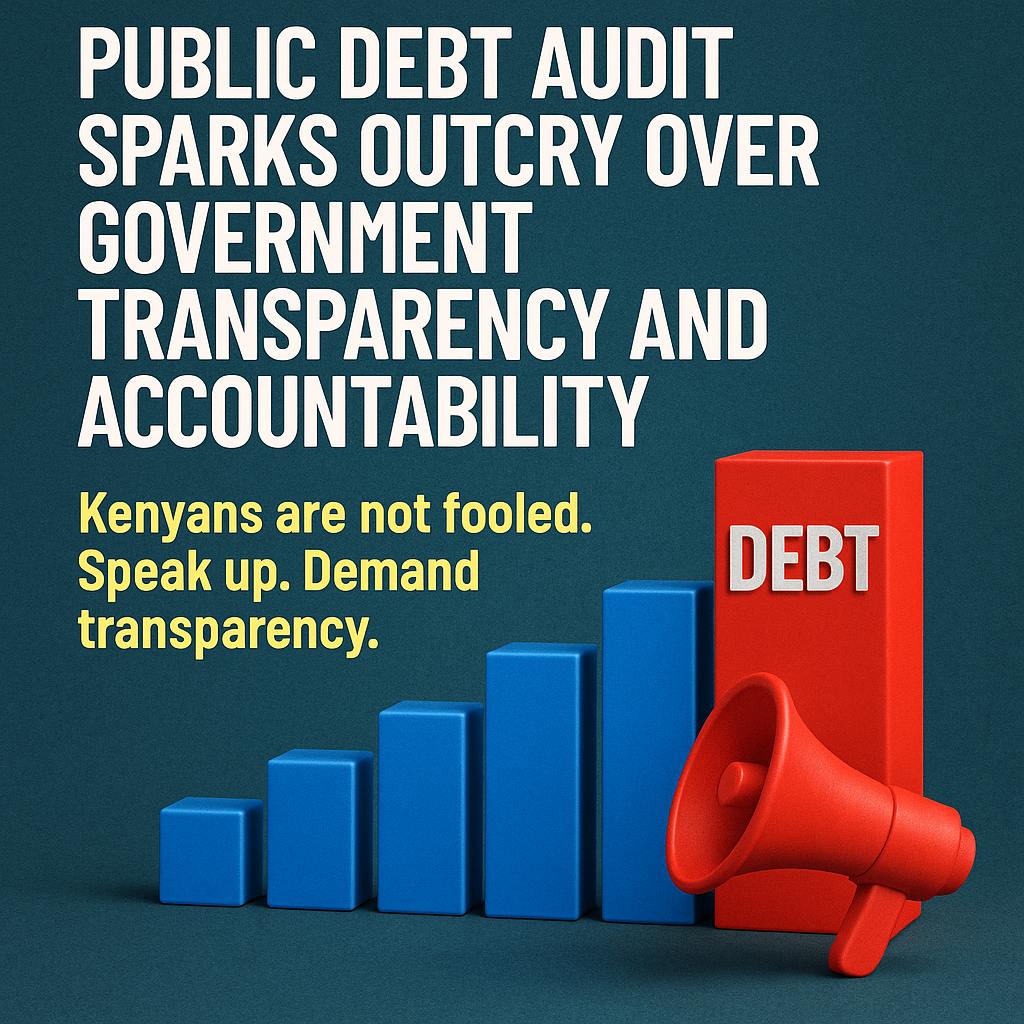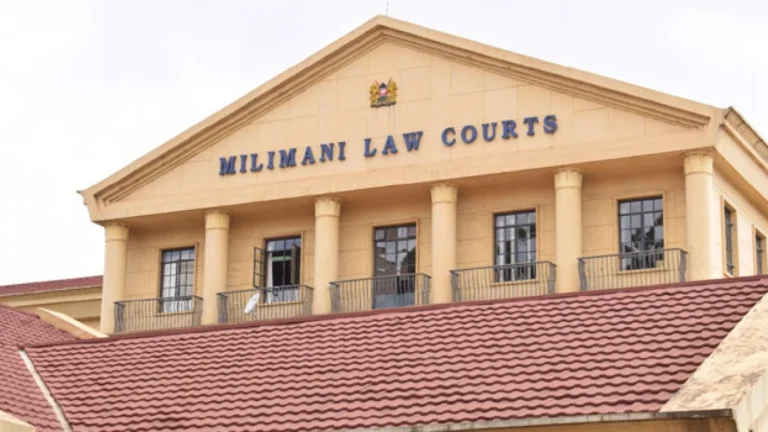
A fresh wave of public criticism has emerged following the government’s response to a public debt petition, with activists and concerned citizens accusing state agencies of using constitutional procedures as a smokescreen to dodge real accountability.
In a strongly worded statement shared on social media platform X, civic voices challenged the government’s announcement that the Auditor General is conducting a sweeping public debt audit from 1965 to 2024. The statement dismissed the move as “not about transparency,” calling it “a distraction meant to shield the truth and stall real accountability.”
“Now, they claim the Auditor General is auditing public debt from 1965 to 2024. But this is nothing more than an attempt to distract, using a supposed constitutional obligation as a smokescreen to avoid accountability,” the statement read.
Citing Article 229(4)(g) of the Constitution, the group emphasized that the law already requires the Auditor General to audit and report on public debt annually, with those reports to be submitted within six months after the end of each financial year—meaning between July and December.

“By this constitutional standard, Kenya should already have public debt audit reports for every year from 2014 to 2024,” the statement said.
Activists argue that instead of addressing the lack of publicly accessible annual audit reports, the government has chosen to introduce a mega-audit narrative, which they believe serves to delay scrutiny rather than uphold the spirit of transparency.
“Kenyans are not fooled. We are overtaxed, underserviced, and constantly misled,” the statement continues, rallying citizens to stay vigilant and continue demanding fiscal justice.
The petitioners assert that their call is not just about past debts but about securing the country’s financial future from unchecked borrowing and hidden liabilities.
“The future will not be mortgaged without accountability,” they declared.
As pressure mounts, citizens and civil society organizations are calling for immediate publication of annual debt audit reports and a clear, independent pathway toward fiscal transparency. The demand for genuine accountability is growing louder, as Kenyans increasingly question where public funds have gone — and at what cost to future generations.







